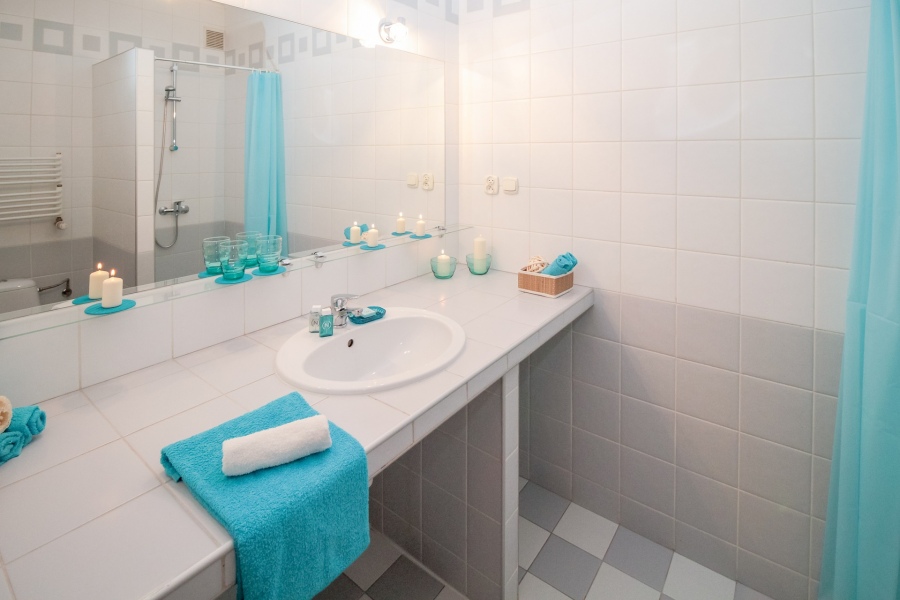If you’re ready to move into your dream home start your due diligence campaign now. Finding prime real estate in a competitive market requires you to perform exhaustive due diligence. Seek out every detail imaginable about your potential neighborhood.
Speak to local people and discern how close or far your prospective home is located from your place of work and local schools. By being armed with the facts you can make the right choice for your family.
Location
Finding the right location for your new home makes life easier. Create a list of what you need in a home from proximity to schools, jobs, shopping centers and restaurants. Commuting can be a pain if you make a decision without seeing the home’s distance to important locations. Imagine driving for 45 minutes each day just to drop your kids off at school? Drive from your prospective home to your place of employment or other key spots to see if you encounter traffic or any other factor which can slow you down.
Factor in gas usage too. Why spend hours each day commuting to and from school or work and burn through cash just to fuel your car? Pick real estate within a close proximity to locations you’ll be visiting consistently.
Safe Neighborhood
The easiest way to find out if you’re moving into a safe neighborhood is by consulting your prospective neighbors. Crime statistics may not lie but you can’t get the complete picture until you speak to the locals. Community residents know about the stuff the paper may not report. Some petty crimes may even go unreported to the local police. Neighbors can tell you if a community is safe enough to stroll out on the town late at night.
No utopia exists but if you and your family can live in a safe, secure community. Even if you have to pay more money for a smaller home in a safe neighborhood the investment is well worth it. Think about you and your family’s well-being before you go bargain shopping in a less than safe community.
Interview Locals
In addition to asking potential neighbors about the neighborhood’s safety pepper them with a laundry list of questions about living in the community. Ask them about their neighbors. What type of people tend to live in the neighborhood? Are most people friendly and outgoing or do they keep to themselves? See if the community matches your personality. A reserved introvert would do poorly in a community of loud, energetic, confident extroverts who try to pull said introvert out of their shell on a daily basis. Extroverts would feel lonely moving into a neighborhood of shut-ins.
Ask how garbage pickup, recycling policy and how much the community floods during storms. More than one real estate agent has brushed over the fact that certain areas flood heavily during even moderate rains. Most home builders construct real estate with the flood factor in mind but asking neighbors about extreme weather situations helps you make an educated decision.





